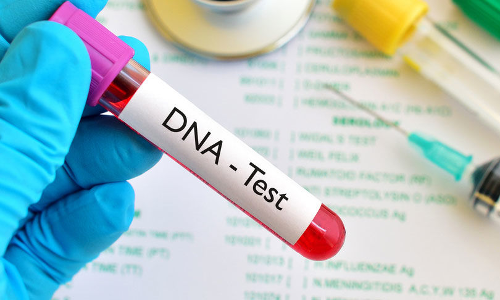Title: Supreme Court Denies DNA Testing in Custody Dispute, Prioritizing Child’s Best Interests
Case Title: Aparna Ajinkya Firodia v. Ajinkya Arun Firodia, 2021
Decided On: February 20, 2023
Introduction:
Welcome to the official blog of the Law Offices of Kr. Vivek Tanwar Advocate and Associates, where we are dedicated to providing litigation support services for matters related to DNA Testing. In today’s blog post, we aim to shed light on the prevailing issues surrounding DNA Testing, the legal framework in place for their protection, and the steps we can take as a society to combat these acts. Join us as we explore this critical subject and empower you with the knowledge to protect your rights and safety.
In the recent case of Aparna Ajinkya Firodia vs Ajinkya Arun Firodia (Civil Appeal No. 001308 / 2023), the Supreme Court, through a Judgment dated 20-02-2023, declined permission for DNA testing of a minor child embroiled in a custody and family dispute. The court ruled against the testing, citing the paramount consideration of the child’s best interests.
Background:
- The case involved a matrimonial dispute between Ajinkya Arun Firodia and Aparna Ajinkya Firodia, who had two sons born during their marriage.
- Allegations of the wife’s alleged adulterous relationship prompted the husband to file a divorce petition under Section 13 of the Hindu Marriage Act 1955.
- Seeking to establish paternity, the husband applied a DNA test of the second son.
- The Family Court granted the application, leading to a challenge by the wife in the High Court, claiming a violation of her right to personal liberty under Article 21 of the Constitution.
High Court’s Decision:
- The High Court upheld the Family Court’s order, considering the husband’s claims and the relevance of DNA testing to establish adultery allegations.
- Section 112 of the Evidence Act, providing for the presumption of conclusive proof of legitimacy, was cited to support the order.
Supreme Court’s Observations:
- The Supreme Court emphasized the presumption of legitimacy under Section 112, highlighting that the court should exercise caution before ordering DNA tests.
- Principles for directing DNA tests in matrimonial disputes were outlined, stressing the need for exceptional circumstances.
- The court stated that the child’s best interests, privacy rights, and psychological well-being must be prioritized when considering DNA testing.
- The absence of a plea about non-access and the husband’s admission that the child was born during the marriage influenced the court’s decision.
- The court rejected the argument that the DNA test was necessary to prove adultery, citing other evidence submitted by the husband, such as call recordings and the wife’s diary.
Conclusion: In its judgment, the Supreme Court concluded that ordering a DNA test was not in the best interest of the child, especially when the primary motive was to prove adultery allegations against the mother. The court set aside the Family Court’s order and the High Court’s decision, directing the husband to pay costs of Rs. 1 Lakh to the wife.
We are a law firm in the name and style of Law Offices of Kr. Vivek Tanwar Advocate and Associates at Gurugram and Rewari. We are providing litigation support services for matters related to the Indian Evidence Act 1872.

